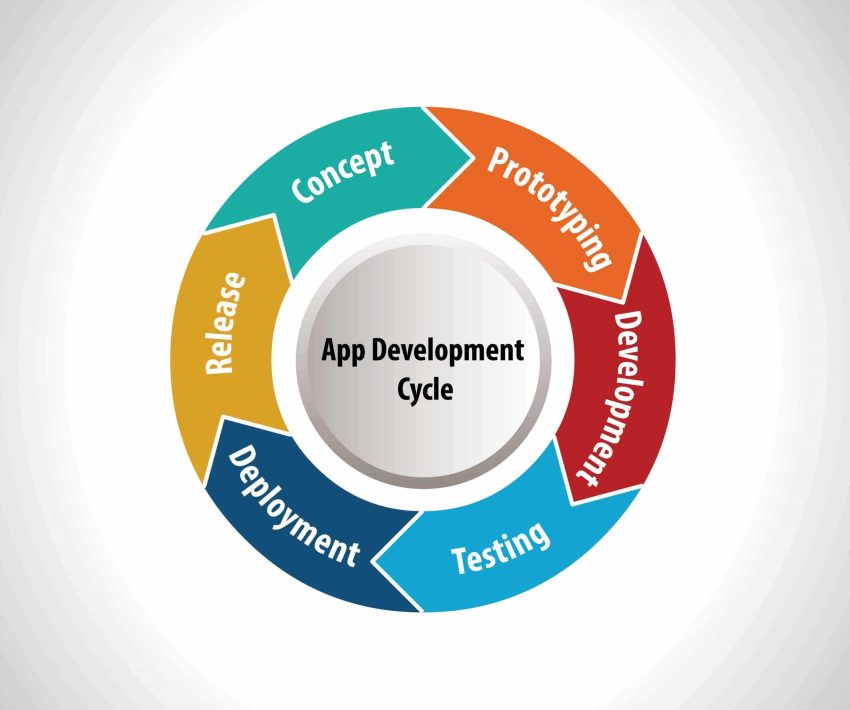In the ever-evolving landscape of technology, Mobile App Development has emerged as a transformative force, reshaping the way businesses and individuals interact with digital content. This dynamic field blends creativity, technical prowess, and innovative thinking to create applications that can impact lives in profound ways.
Understanding Mobile App Development
Mobile app development involves designing, creating, and maintaining applications built specifically for mobile devices. This process encompasses numerous stages, each requiring specialized skills and considerations.
Key Phases of Mobile App Development
- Planning and Strategy: Identifying the goals, target audience, and key functionalities of the app.
- Design: Crafting an intuitive and aesthetically pleasing UI/UX that ensures a seamless user experience.
- Development: Coding the app using programming languages such as Swift for iOS or Kotlin for Android.
- Testing: Rigorously testing the app for bugs, performance issues, and usability flaws.
- Deployment: Releasing the app on relevant app stores such as Apple’s App Store or Google Play Store.
- Maintenance and Updates: Continually improving the app based on user feedback and evolving trends.
Benefits of Mobile App Development
The proliferation of mobile apps offers numerous advantages, making them indispensable to both businesses and end users.
For Businesses:
- Enhanced Customer Engagement: Mobile apps provide a direct channel for interacting with customers, fostering loyalty and engagement.
- Revenue Generation: Monetization strategies such as in-app purchases, subscriptions, and ads can generate significant revenue.
- Brand Visibility: Having an app increases brand visibility and accessibility, ensuring a constant presence on users’ devices.
For Users:
- Convenience: Apps offer quick access to services and information, enhancing convenience and productivity.
- Personalization: User preferences can be catered to, providing personalized experiences and recommendations.
- Offline Access: Many apps allow offline functionality, ensuring uninterrupted service regardless of connectivity.
Read more about iOS app development here.
Current Trends in Mobile App Development
Staying updated with the latest trends ensures that developers deliver cutting-edge and relevant apps. Here are some emerging trends:
- Artificial Intelligence and Machine Learning: Enhancing app functionality and user experience through intelligent predictions and recommendations.
- Augmented Reality (AR) and Virtual Reality (VR): Creating immersive experiences in gaming, shopping, and education.
- Internet of Things (IoT): Integrating mobile apps with smart devices for a cohesive and connected experience.
- 5G Technology: Leveraging ultra-fast connectivity for richer app experiences and lower latency.
- Blockchain: Offering enhanced security and transparency, particularly in finance and supply chain apps.
FAQs
What skills are essential for a mobile app developer?
Core skills include proficiency in programming languages (such as Swift, Kotlin, Java, or Objective-C), understanding of UI/UX design principles, familiarity with app development frameworks, and strong problem-solving abilities.
How long does it typically take to develop a mobile app?
Development timelines can vary widely depending on the app’s complexity and features. On average, it can take anywhere from three to nine months to develop a robust application.
What are the key challenges in mobile app development?
Challenges include managing device and OS fragmentation, ensuring app security, maintaining performance and scalability, and keeping up with rapid technological changes.
The realm of Mobile App Development is both exciting and challenging, offering endless opportunities to innovate and make an impact. As the mobile app ecosystem continues to grow, staying abreast of the latest trends and best practices will be crucial for developers and businesses alike.



